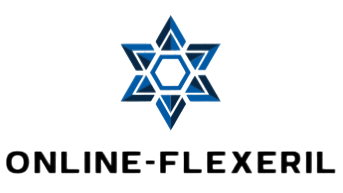
How should healthcare industry ensure data protection
Patient data security has been a major concern for the US healthcare industry for a number of years. Although the US government, HIPAA-covered entities, and allied organizations have taken measures to prevent breaches, they are uncontrollable. Several hundred patient data leaks or data losses are estimated to have occurred after technological advancements, affecting millions of patients and costing hundreds of millions of dollars.
Guidelines for healthcare industry to avoid data leaks or data losses:
Portable media policy:
In most healthcare billing companies today, employees aren’t allowed to use portable storage devices at work because of a ‘portable media policy’. The guidelines must be strictly followed by every protección de datos sanitarios and by every healthcare professional, regardless of their title. A prior approval must be granted for genuine reasons, and those reasons must be documented. Bans on portable media in work environments have been significantly proven to reduce data theft in numerous research studies.

Backup the computer files
Backing up the computer files is the best way to avoid the patient data loss. To avoid the likelihood of data loss due to missing backup files, it is imperative to take multiple back-ups of the computer files. It is also advisable to store the backups at different locations in order to avoid data loss due to unforeseen circumstances.
Controlled internet access:
Unrestricted access to the internet poses a serious threat to data security. In order to provide employees with unrestricted access to the internet, medical claims billing and medical claims processing companies need to have the capability. There is a possibility that data leaks may occur even if certain information is unintentionally shared online. Additionally, using file sharing sites and instant messaging to send confidential patient information may compromise the security of patient information.
Secure communication:
It is important for organizations to be careful when sharing patient health information on social networking sites. Generally, social sharing websites are used to connect with friends, colleagues, and others. Additionally, there are professional websites that share corporate communications, discussions and advertisements. Organizations should also take care not to add any confidential information about patients unknowingly to their websites.
Restriction to share network
Patients’ data files being shared, remote access to the system, and wireless network access to protección de datos sanitarios can also compromise the security of information and should be avoided, unless it is an emergency.
CCTV monitoring:
By using CCTV in work environments to monitor entry restricted zones, unauthorized people can be prevented from entering them.
So these above guideline help any healthcare industry to achieve data protection.

